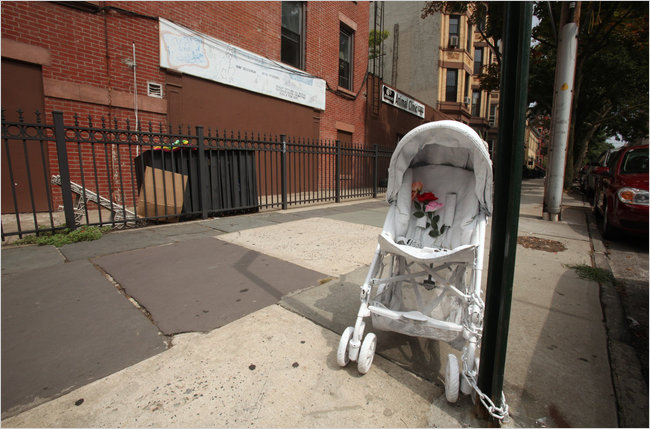This coming weekend’s New York Times Magazine story—about the tsunami of 20-somethings who are taking ages to grow up—makes me a little queasy. It’s not that the magazine has identified a fake trend, or that I’m annoyed to be reading about these silly, optimistic young people. It’s that, early on, after establishing that the phenomenon is real, the article swings away from the external factors influencing this trend and toward … psychology:
Getting to what we would generally call adulthood is happening later than ever. But why? That’s the subject of lively debate among policy makers and academics. To some, what we’re seeing is a transient epiphenomenon, the byproduct of cultural and economic forces. To others, the longer road to adulthood signifies something deep, durable and maybe better-suited to our neurological hard-wiring. What we’re seeing, they insist, is the dawning of a new life stage — a stage that all of us need to adjust to.
I guess you’d put me in that “To some” category. Why are kids moving back home, not getting married, not having kids, not advancing professionally? Um, because grown-up American life as codified by the Baby Boomers—go to college, move out, get a job, get married, have kids, get a hideous divorce—is WAY TOO FREAKING EXPENSIVE. Not to mention simply unrealistic. The jobs aren’t there, and the ones that are there don’t provide the same kind of stability our parents’ generation experienced, and the whole process of having kids is so messed up—from family leave to day care to universal pre-K—that who can imagine getting it started around, say, age 25?
And, in fact, where does this notion that these five stages of growing up are “traditional” come from? I mean, was that how it worked for anyone but the upper classes in the pre-1945 era? Once again, I get the feeling that the Baby Boomers are defining normality, and are pretending to be shocked when their children (and now, I guess, grandchildren) aren’t following the same path. AND, instead of acknowledging that their decisions have created a world where no one can have the same easy lives they had, they… they… they psychologize us.
Oh, no, it can’t be that their multitudinous fuck-ups—I’m thinking of, say, certain recent wars and banking disasters, plus too many policy failures to mention—have made their kind of lifestyles utterly unsustainable. No, that’s CRAZY TALK! Actually, kids today are different because their brain chemistry is different. Being in your twenties is special. And we all need to learn to treat these young not-quite-adults with sensitivity. Or pills. Preferably pills, because then we don’t need to think quite so much.
So, to all Baby Boomers (except, of course, my beloved parents), I say: Go fuck yourselves. Yeah, you had Vietnam, civil rights, and the Beatles, but then you grew up, got complacent, decided to mythologize your own youth, and let it all go to hell. When you’re all gone, we won’t mourn you. We’ll be too busy dealing with the mess you made—too busy, in other words, to grow up.



 As
As 